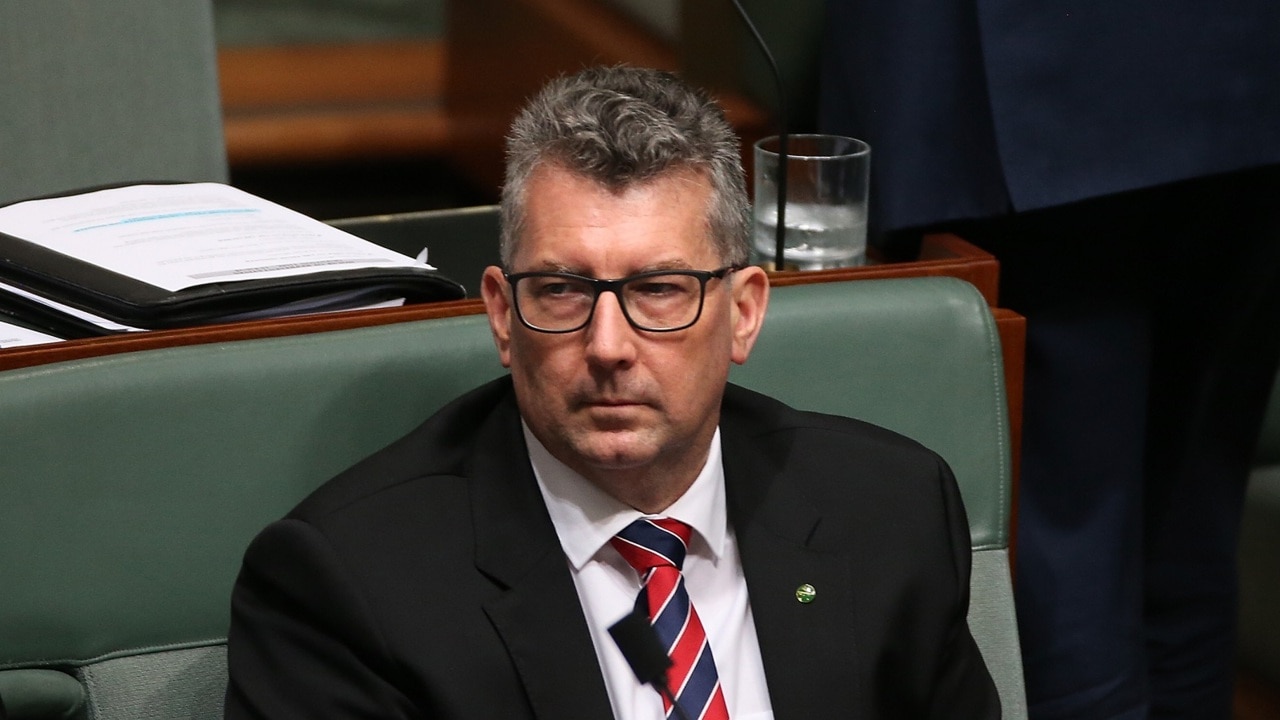Nuclear is too expensive and talking it up risks Australia’s real energy advantage, says Forrest
Andrew Forrest has seized on a new report showing the Coalition’s centrepiece energy plan is six times more expensive than renewables.

Nuclear is too expensive and politicians who spruik the technology to replace fossil fuels are opportunistically trying to divide the country to get elected, risking an undermining of Australia’s advantage in renewable energy, Andrew Forrest has said.
The comments came as Mr Forrest seized on a new report from consultancy firm Egis, which found nuclear power would be six times more expensive than renewables in Australia, undercutting the Coalition’s signature energy policy. The report was commission by the Clean Energy Council (CEC).
Mr Forrest said he was not ideologically opposed to nuclear, but the economics do not stack up and it is time the public call it out.
“We cannot let politicians, trying to use a point of difference to get elected at any cost, set our country back when we have such a huge opportunity in front of us. Large-scale wind and solar projects paired with storage, as well as green hydrogen, are the best, fastest and cheapest forms of energy which will lower the cost of power for every single Australian,” said Mr Forrest.
“Business need the public to speak loudly because the oil and gas lobbyists have strangled opposition for 100 years and now it’s life and death. We must not allow them to cripple green energy and give them a free hand to destroy the planet.”
The findings of the report from Egis – which has also been engaged in the global nuclear industry – supports similar research from the CSIRO and the Australian Energy Market Operator in an annual GenCost report.

The Australian understands the report is expected to be updated next week, which the federal Labor government will likely use to sharpen its attack on the Coalition’s policy of using small modular reactors to replace coal.
The Coalition, which has yet to release details of where it would build the small modular reactors, has dismissed the GenCost findings insisting it the report does not consider the expense of building thousands of kilometres of high voltage transmission lines – which are deeply unpopular in some parts of regional Australia.
There are signs that the Coalition’s energy policy is wooing voters, many of whom are deeply unhappy after electricity prices have jumped more than 20 per cent for two consecutive years.
Kane Thornton, chief executive of the CEC said the figures were, however, clear and adopting nuclear would exacerbate concerns about how households will pay for the transition.
“Taxpayers also need to understand the costs that will be borne if they are forced to foot the bill for building a nuclear industry from scratch over a period of decades,” said Mr Thornton.
“Nuclear power is also a poor fit with our increasingly renewable power system. Nuclear power stations are expensive and have to run constantly in order to break even. But that doesn’t work in a world with an abundance of cheap renewables. Nuclear power stations aren’t designed to ramp up and down to match free energy from renewables – for that we need more energy storage.”
Nuclear has also been rejected by Australia’s broad energy industry. AGL Energy earlier this year said nuclear was “unviable” and muddied the investment landscape in comments that pit the near 200-year old company against the Coalition and its plans to reshape Australia’s energy mix.
Australia’s fleet of coal power stations are expected to close within 15 years, heightening pressure on the government to accelerate development of replacements.
Australia is struggling to accelerate zero-emission projects quickly enough as planning laws and transmission delays see projects remain on the shelf.
Still, energy companies insist nuclear would be incompatible with renewables. Australia is pushing ahead with building large-scale solar and wind project, but it has insufficient amounts of batteries and pumped hydro – which can supplement during periods when the sun is not shining or the wind is not blowing.
Nuclear energy is baseload, designed to produce electricity throughout the day – and energy executives privately insist Australia require so-called flexible generation types.





To join the conversation, please log in. Don't have an account? Register
Join the conversation, you are commenting as Logout